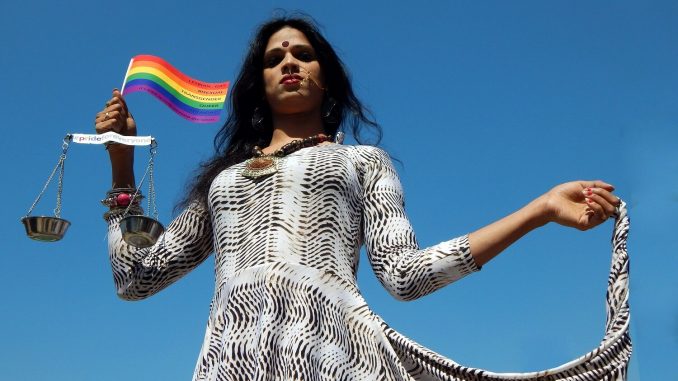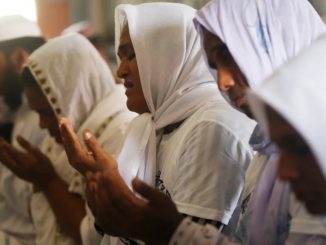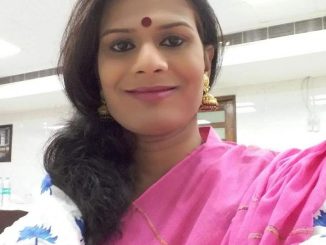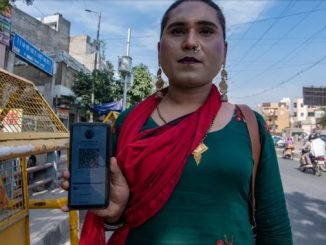
Positive change is emerging in India, albeit slowly. South Delhi is home to South Asia’s largest queer and inclusive literary festival, which celebrates LGBTQ+ voices and creative expressions. In New Delhi, a luxury hotel chain is making strides toward inclusivity by hiring members of the LGBTQ+ community. Among them is Mohul Sharma, a trans man working as an executive for diversity, inclusivity, and equality. Once bullied in school for his identity, Sharma now finds acceptance in a workplace that treats him with respect.
In 2014, a landmark Supreme Court ruling recognized transgender individuals as a third gender under Indian law. This decision affirmed their right to equal opportunities and allowed them to self-determine their identity. The ruling paved the way for a series of progressive policies, but systemic stigma continues to limit the impact of these changes.
Garima Greh Offers Shelter and Hope to India’s Transgender Community
Garima Greh, or “House of Dignity,” has become a sanctuary for transgender individuals in India, offering safety and support to those seeking refuge from discrimination and marginalization. Founded in 2001 by Rudrani Chhetri, the shelter operates with funding from the Indian government and aims to provide transgender people with a place to rebuild their lives.
Chhetri’s journey to creating Garima Greh was shaped by her own struggles. At 18, she faced a deep crisis of identity and mental health, even contemplating suicide. Her determination to overcome those challenges fueled her mission to ensure that others would not endure the same isolation. Today, Garima Greh stands as a testament to resilience, offering hope to individuals who have been cast aside by society.
For many, Garima Greh is more than just a shelter—it is a chance at a new beginning. Maiz, a trans man who left an abusive family situation at 19, found solace within its walls. “In the past, I forced myself to accept a certain identity. Now I’m free,” he said. Maiz now dreams of studying law to help others navigate the challenges he once faced.
Positive change is emerging, albeit slowly. South Delhi is home to South Asia’s largest queer and inclusive literary festival, which celebrates LGBTQ+ voices and creative expressions. In New Delhi, a luxury hotel chain is making strides toward inclusivity by hiring members of the LGBTQ+ community. Among them is Mohul Sharma, a trans man working as an executive for diversity, inclusivity, and equality. Once bullied in school for his identity, Sharma now finds acceptance in a workplace that treats him with respect.
Despite these advancements, advocates stress that more needs to be done. Discrimination often begins at home and extends into schools, workplaces, and public spaces. Rudrani Chhetri emphasizes the importance of fostering understanding at every level. “It’s not just about policies; it’s about changing hearts and minds,” she said in a recent interview.
Organizations like Garima Greh continue to play a critical role in this shift. By providing a safe haven and advocating for dignity, they help transgender individuals take their rightful place in society. As Chhetri and others work toward a more inclusive future, they remind us that acceptance and equality are not privileges—they are rights that belong to everyone.



Be the first to comment